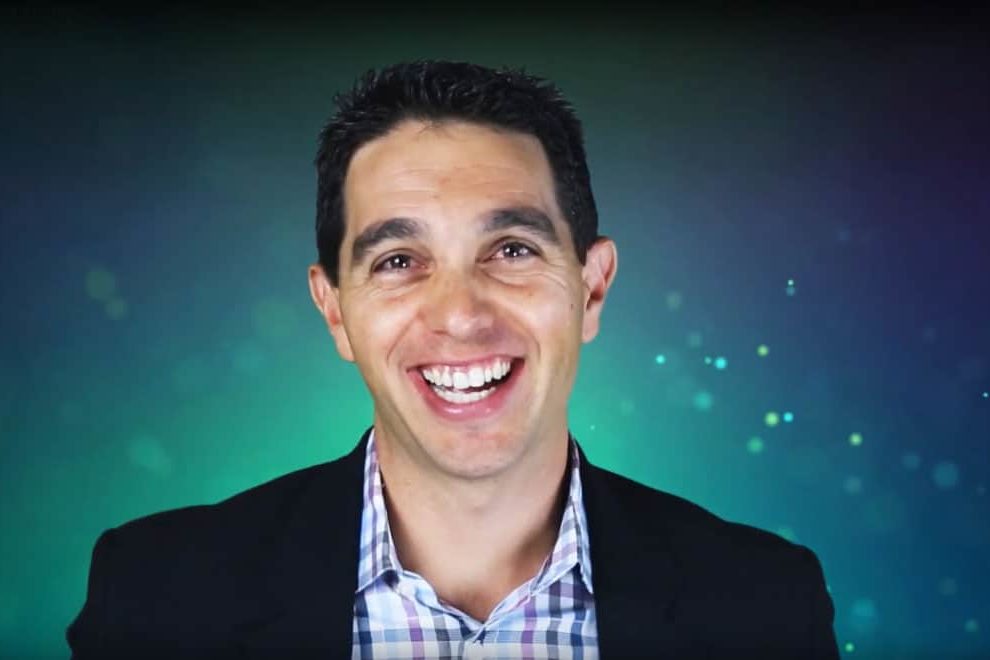Meet the Experts: Troy Harmon, CFA, CVA
Chief Investment Officer Troy Harmon, CFA, CVA, explains our criteria for high-quality, individual common stocks. This article is for demonstrative and academic purposes and is meant to provide valuable background information on particular investments, NOT a recommendation to buy. The investments referenced within this article may currently be traded by Henssler Financial. All material presented…










